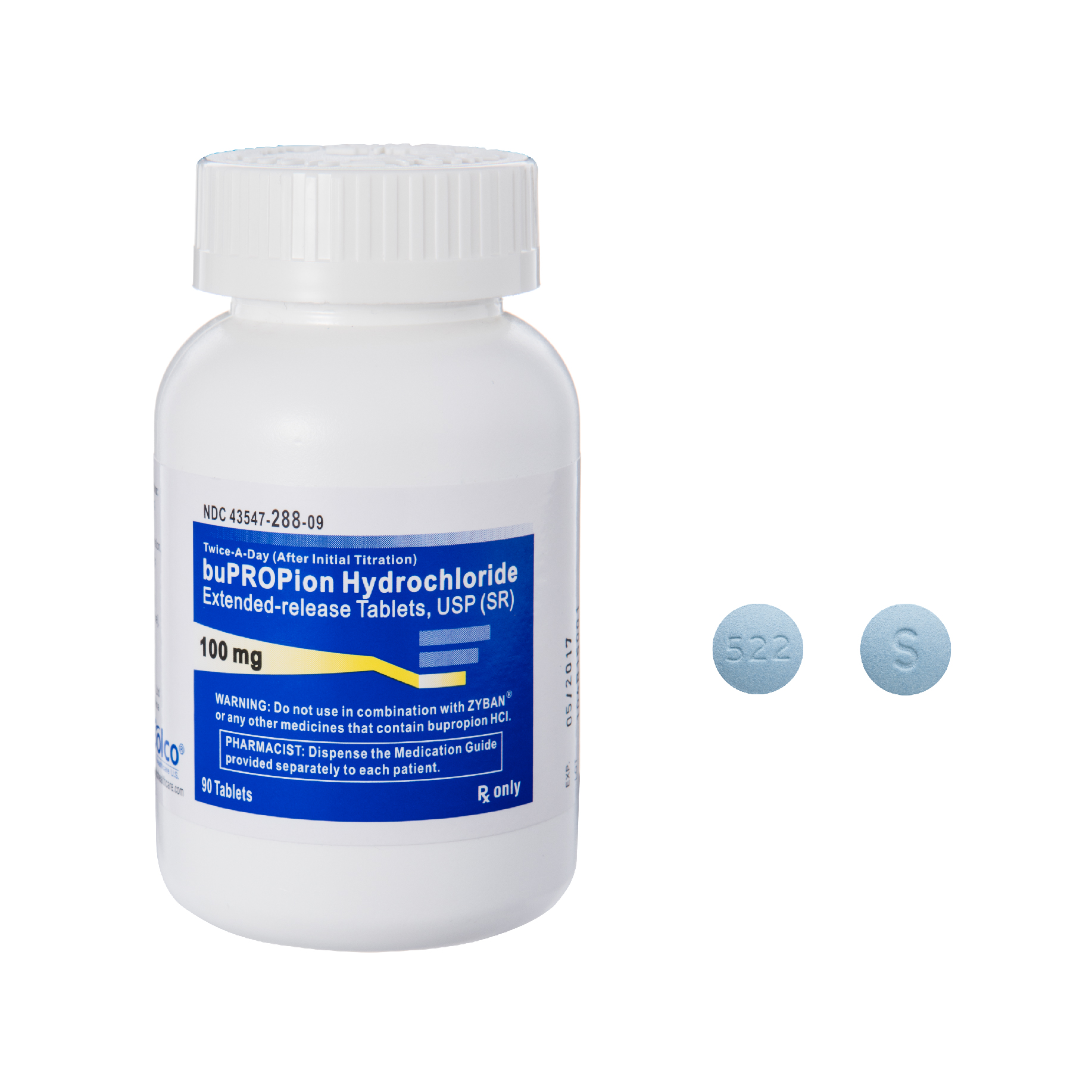12 Dehydration Symptoms To Recognize

Dehydration, a condition that occurs when the body loses more fluids than it takes in, can be a serious and sometimes life-threatening issue if not recognized and addressed promptly. The symptoms of dehydration can vary widely depending on the severity of the condition and the individual’s overall health. Here, we will delve into 12 key dehydration symptoms that everyone should be aware of to ensure early detection and appropriate intervention.
1. Dry Mouth and Thirst
One of the earliest signs of dehydration is the feeling of thirst and a dry, sticky mouth. As the body loses water, the saliva production decreases, leading to this uncomfortable sensation. Thirst is the body’s way of signaling that it needs more fluids, and ignoring this sign can lead to further dehydration.
2. Fatigue and Weakness
Dehydration can cause people to feel extremely tired and weak. This is because the body’s cells need water to function properly, and without it, they cannot produce energy. Even mild dehydration can cause significant drops in energy levels and endurance.
3. Dark Urine
Normal urine is pale yellow in color. However, when the body is dehydrated, the kidneys produce more concentrated urine, which appears darker. If the urine is very dark yellow or has an amber color, it may be a sign that the body needs more fluids.
4. Dizziness and Lightheadedness
Dehydration can lead to a decrease in blood volume, which in turn can cause dizziness or lightheadedness when standing up from sitting or lying down. This is because there’s less blood available to supply the brain, leading to these sensations.
5. Headaches
Headaches can be a symptom of dehydration. The lack of fluids can cause the brain to temporarily contract, leading to pain. Dehydration headaches can range from mild to severe and may be accompanied by other symptoms like nausea and fatigue.
6. Decreased Urination
When the body is well-hydrated, it produces a significant amount of urine. However, if the urine output decreases, it could be a sign that the body is not receiving enough fluids to replenish what it has lost.
7. Rapid Heartbeat
Dehydration can cause a rapid or weak pulse. When the body lacks enough fluids, the heart has to work harder to maintain blood flow, leading to an increased heart rate.
8. Low Blood Pressure
Severe dehydration can lead to a drop in blood pressure, which can result in inadequate blood flow to organs. This can cause symptoms like dizziness, fainting, and in severe cases, organ failure.
9. Sunken Eyes
Sunken eyes can be a sign of dehydration, especially in severe cases. The lack of fluids can cause a decrease in the volume of fluids around the eyes, making them appear more sunken.
10. Decreased Sweat
The body uses sweat to cool down. In cases of dehydration, the body may not have enough fluid to produce sweat, leading to an increased risk of overheating.
11. Muscle Cramps
Dehydration can disrupt the balance of electrolytes in the body, which can lead to muscle cramps. Electrolytes, such as sodium and potassium, play a crucial role in muscle function, and imbalances can cause spasms and cramps.
12. Nausea and Vomiting
In some cases, dehydration can cause nausea and vomiting, which can further exacerbate the condition by causing more fluid loss.
In conclusion, being aware of these dehydration symptoms can help in early detection and treatment. Whether it’s through drinking more water, consuming hydrating foods, or seeking medical attention in severe cases, understanding dehydration can save lives. Always prioritize hydration and listen to the body’s signals to maintain overall health and well-being.
How much water should I drink daily to avoid dehydration?
+The amount of water one should drink can vary based on factors like climate, activity level, and individual health needs. Generally, the recommendation is to drink at least eight glasses of water per day, but some people may need more. It's also important to pay attention to the body's signals of thirst and to consume foods with high water content.
Can dehydration be treated at home, or does it require medical attention?
+Mild dehydration can often be treated at home by drinking plenty of fluids, including water, clear broths, and electrolyte-rich beverages like sports drinks. However, severe dehydration requires immediate medical attention. Signs that medical help is needed include vomiting, diarrhea, fever, inability to keep fluids down, and signs of severe dehydration such as excessive thirst, dark urine, dizziness, and confusion.
How can I prevent dehydration, especially during intense physical activity or in hot weather?
+Preventing dehydration involves staying ahead of fluid loss. Before, during, and after physical activity, drink water or sports drinks to replenish lost electrolytes. In hot weather, stay in cool or shaded areas, and wear light, loose clothing to help the body regulate its temperature. It's also crucial to listen to the body's signs of needing hydration and to not wait until symptoms of dehydration appear before taking action.
Understanding these symptoms and taking proactive measures towards hydration can significantly reduce the risk of dehydration and its complications. By prioritizing fluid intake and being aware of the signs of dehydration, individuals can protect their health and maintain optimal bodily functions.


